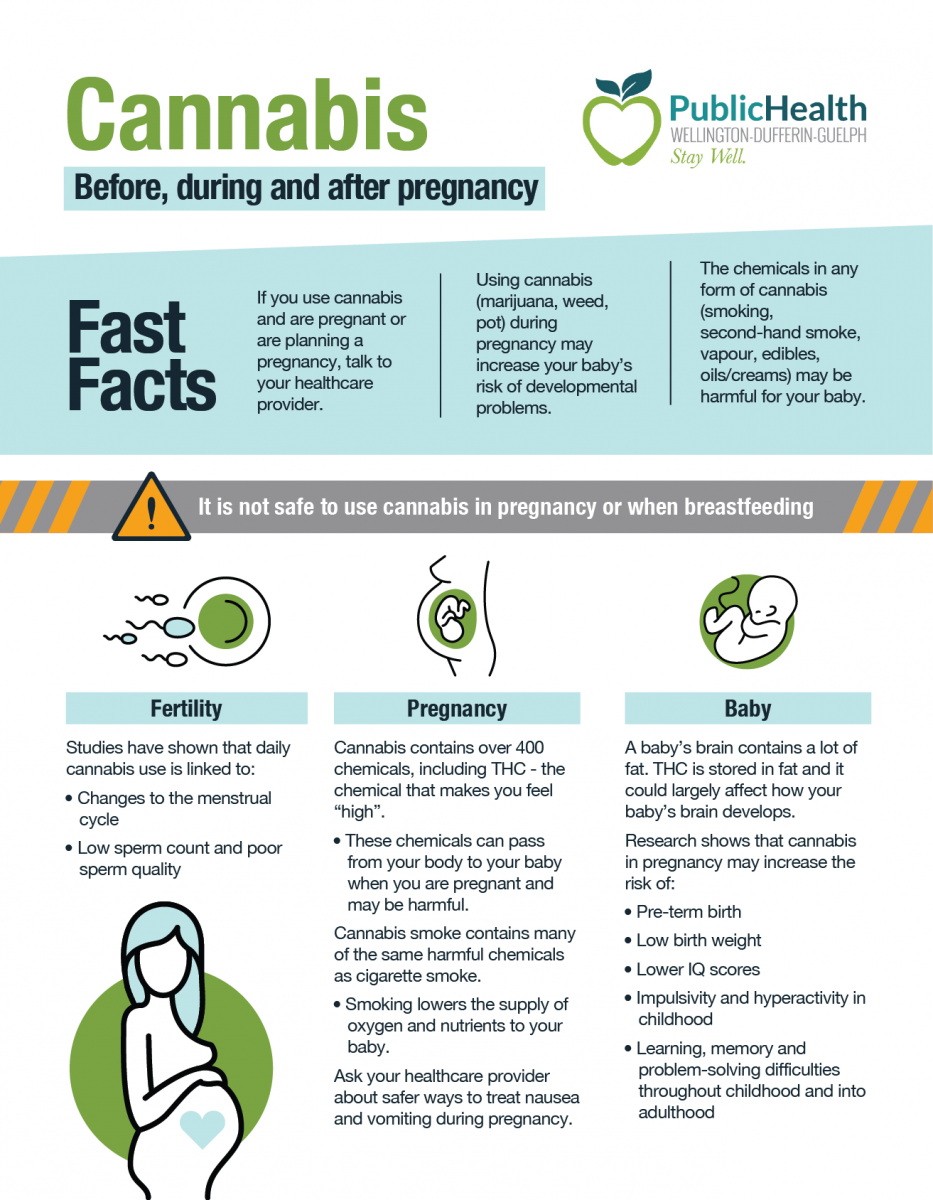
Smoking During Pregnancy: A Comprehensive Overview
Introduction
Smoking during pregnancy is a significant public health concern, posing serious risks to both the mother and the developing fetus. Despite extensive research and public awareness campaigns, smoking rates among pregnant women remain alarmingly high. This article provides a comprehensive overview of smoking during pregnancy, including its prevalence, health consequences, and effective interventions for cessation.
Prevalence
Smoking during pregnancy is a global problem, with rates varying widely across different countries and regions. According to the World Health Organization (WHO), an estimated 10% of pregnant women worldwide smoke. In the United States, the prevalence of smoking during pregnancy has declined in recent decades but remains at a concerning 10.5%.
Health Consequences
Smoking during pregnancy has numerous adverse health consequences for both the mother and the fetus.
Maternal Health
- Increased risk of preterm birth: Smoking increases the risk of preterm birth, which is the leading cause of infant mortality and long-term health problems.
- Placental abruption: Smoking can cause the placenta to separate from the uterus, leading to serious complications such as bleeding and fetal distress.
- Gestational diabetes: Smoking increases the risk of gestational diabetes, a type of diabetes that develops during pregnancy.
- Cardiovascular disease: Smoking during pregnancy can increase the risk of cardiovascular disease later in life.
Fetal Health
- Low birth weight: Smoking reduces the flow of oxygen and nutrients to the fetus, resulting in low birth weight.
- Congenital anomalies: Smoking increases the risk of congenital anomalies, such as cleft lip and palate, heart defects, and neural tube defects.
- Sudden infant death syndrome (SIDS): Smoking during pregnancy increases the risk of SIDS, the leading cause of death in infants between 1 month and 1 year of age.
- Long-term health problems: Children exposed to smoke in utero have an increased risk of developing respiratory problems, asthma, and other chronic health conditions later in life.
Mechanisms of Harm
The harmful effects of smoking during pregnancy are primarily due to the presence of nicotine and other toxic chemicals in tobacco smoke. Nicotine constricts blood vessels, reducing the flow of oxygen and nutrients to the fetus. It also stimulates the release of stress hormones, which can lead to preterm birth and other complications.
Interventions for Cessation
Given the significant health risks associated with smoking during pregnancy, it is crucial to implement effective interventions for cessation. These interventions include:
- Behavioral counseling: Counseling sessions provide pregnant women with information about the risks of smoking and support them in developing coping mechanisms for quitting.
- Nicotine replacement therapy (NRT): NRT involves using products such as patches, gum, or lozenges to deliver nicotine in a controlled manner, reducing cravings and withdrawal symptoms.
- Pharmacotherapy: Medications such as bupropion and varenicline can help reduce cravings and block the effects of nicotine.
- Combination therapy: Combining behavioral counseling with NRT or pharmacotherapy has been shown to be the most effective approach for smoking cessation during pregnancy.
Barriers to Cessation
Despite the availability of effective interventions, many pregnant women face barriers to smoking cessation. These barriers include:
- Addiction: Nicotine is highly addictive, making it difficult for pregnant women to quit on their own.
- Stress: Pregnancy can be a stressful time, which can trigger cravings for cigarettes.
- Social support: Pregnant women who smoke may have friends or family members who also smoke, making it difficult to quit.
- Lack of knowledge: Some pregnant women may not be aware of the risks of smoking during pregnancy or may underestimate the benefits of quitting.
Conclusion
Smoking during pregnancy is a serious public health concern with significant health consequences for both the mother and the fetus. Effective interventions for cessation are available, but many pregnant women face barriers to quitting. Healthcare providers, public health officials, and society as a whole must work together to reduce smoking rates among pregnant women and protect the health of future generations.
References
- Centers for Disease Control and Prevention (CDC). (2021). Smoking and Pregnancy. https://www.cdc.gov/tobacco/data_statistics/fact_sheets/pregnancy/index.htm
- World Health Organization (WHO). (2018). Smoking and Pregnancy. https://www.who.int/news-room/fact-sheets/detail/smoking-and-pregnancy
- National Institutes of Health (NIH). (2020). Smoking During Pregnancy. https://www.nichd.nih.gov/health/topics/smoking/conditioninfo/Pages/default.aspx
- American College of Obstetricians and Gynecologists (ACOG). (2019). Smoking Cessation During Pregnancy. https://www.acog.org/clinical/clinical-guidance/committee-opinion/articles/2019/09/smoking-cessation-during-pregnancy